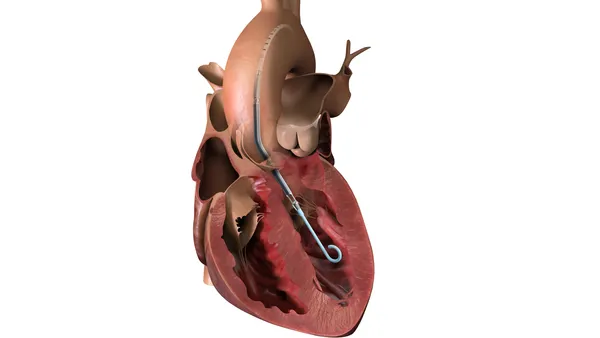Dive Brief:
-
FDA has categorized Beckman Coulter's recall of flow cytometers as a Class I event due to risk the fault will lead to misdiagnosis and improper treatment of patients.
-
The recall follows the discovery that electrical circuit errors are causing some Beckman flow cytometers to deliver inaccurate assessments of cells taken from patients with blood cancers, HIV and other serious hematological diseases.
-
Beckman is working to replace the faulty circuit amplifier boards but has warned it will take until February 2020 to fix all the devices, the oldest of which was distributed in 1992.
Dive Insight:
By quickly analyzing the characteristics of thousands of cells, Beckman's FC500 and the EPICS XL flow cytometers play an important role in the diagnosis and monitoring of certain diseases. The devices are also used to count white blood cells in leukocyte-reduced blood products and CD34+ stem cells in products intended for stem cell transplantation.
Beckman distributed both types of flow cytometers for more than 15 years, with the FC500 model having been distributed as recently as February 2018. In that time, the devices were subject to multiple Class II recalls but no problems that FDA deemed to raise the risk of serious injury or death.
That changed with FDA's classification of a recall Beckman initiated last month. FDA is yet to receive an injury report related to the device malfunction, but the issue is serious enough to warrant Class I status. Beckman is particularly concerned about the consequences of the devices giving inaccurate white blood cell counts.
The varying levels of risk posed by different applications of the flow cytometer devices have driven Beckman to take a targeted approach to corrected the problem. Beckman will initially focus on fixing devices used to count white blood cells, which it aims to repair by the end of April 2019. Beyond that, Beckman will focus on devices used in the assessment of CD34+ stem cells.
In the interim, Beckman and FDA want facilities to delay releasing data generated by the devices until after a laboratory professionals has reviewed the results. Professionals that identify suspect results should stop acquiring samples and contact Beckman to get their devices assessed and, if needed, fixed.











